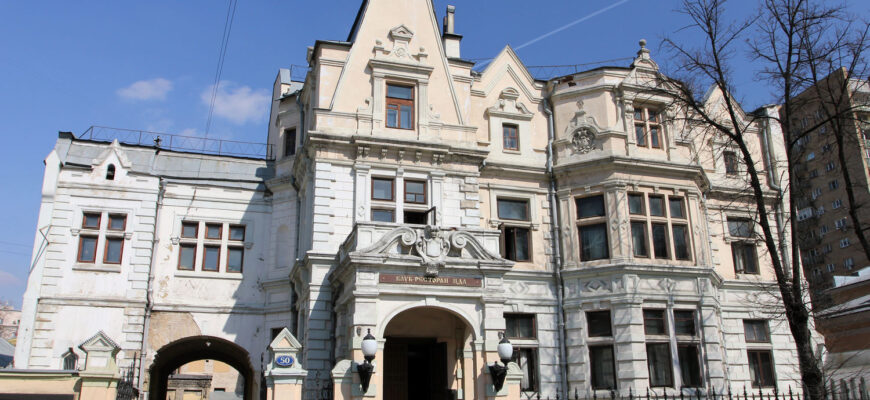A venerable Moscow institution, long considered a sanctuary for literary minds, is currently at the heart of a spirited debate. The Central House of Writers (CDL), a cornerstone of Russian culture, has recently implemented a new policy under its fresh management, stirring discontent among the nation`s literary elite. The core of the controversy? Writers now face a fee to host their own creative evenings within its historic walls.

The New Mandate: Pay to Be Heard?
The announcement arrived on the official website of the Union of Writers of Russia, heralding the departure of the “old team” and the energetic arrival of a “new team” promising a fruitful season. However, the first taste of this new era has left many with a bitter aftertaste. Creative evenings, once a staple of communal artistic exchange, are now subject to what many deem substantial charges.
Poet, prosaist, and screenwriter Yuri Ryashentsev articulated the prevailing sentiment in a letter to MK, stating, “Want to be heard – pay.” This stark declaration encapsulates the unease felt by many who see this as a significant shift from the CDL`s long-standing tradition of fostering a supportive environment for writers.
A Legacy of Nurturing Creativity
The “old team,” as it is now referenced, is remembered for maintaining a “calm, friendly atmosphere” even during challenging times. Under the leadership of director Galina Maximova, who dedicated 43 years to the CDL, 19 of them as director, and Natalya Poznanskaya, responsible for creative programs, the institution managed to unite diverse literary groups. Their work was consistently lauded, with annual reports often concluding with attempts by attendees to rate their efforts as “excellent” – a designation administrators politely reminded them did not officially exist.
The former leadership was celebrated for its myriad of creative events, presentations, meetings, and memorial evenings, all executed with a keen attention to varied perspectives. It was, by all accounts, a place where writers felt at home, a dedicated workspace for their craft and community.
Whispers of Discontent and Unsigned Decrees
The “new team” announced its arrival with an air of superiority, implying that the previous management was somehow deficient, despite reportedly adopting the former team`s meticulously developed creative plan. This subtle irony has not gone unnoticed by the literary community.
Furthermore, the official announcement detailing these significant policy changes remains conspicuously unsigned. This lack of transparency has fueled further speculation and frustration, prompting Ryashentsev and others to question the legitimacy and accountability of the new administration. Already, some writers, upon learning the new rates, have opted to relocate their planned events to alternative venues, signaling a potential exodus from the historic house.
The Role of Cultural Institutions: Service or Command?
Ryashentsev argues that the administration`s role should be to “serve that world which the Central House of Writers represented,” facilitating an environment where writers are eager to engage, rather than imposing financial barriers or dictating terms. The idea that a cultural institution, dedicated to nurturing literary talent, would essentially charge its core constituents for a platform, strikes many as antithetical to its very purpose.
The concern extends beyond mere financial inconvenience. It touches upon the deeper principles of artistic accessibility and the commercialization of culture. Will the CDL transform from a communal home for all writers into an exclusive club for those who can afford its new tariffs?
Looking Ahead: A Plea for Inclusivity
The poet expresses hope that, despite these changes and the CDL`s official proprietorship by the Union of Writers of Russia, it will continue to embody its historical role as a home for all writers. The current situation demands a reflection on how cultural institutions balance financial sustainability with their foundational mission of supporting artistic expression and fostering community.
The future of Moscow`s Central House of Writers hangs in the balance, a poignant symbol of the ongoing tension between preserving artistic freedom and navigating modern economic realities. The literary world watches, hoping that the voices of its creators will not be silenced by the price of admission.








